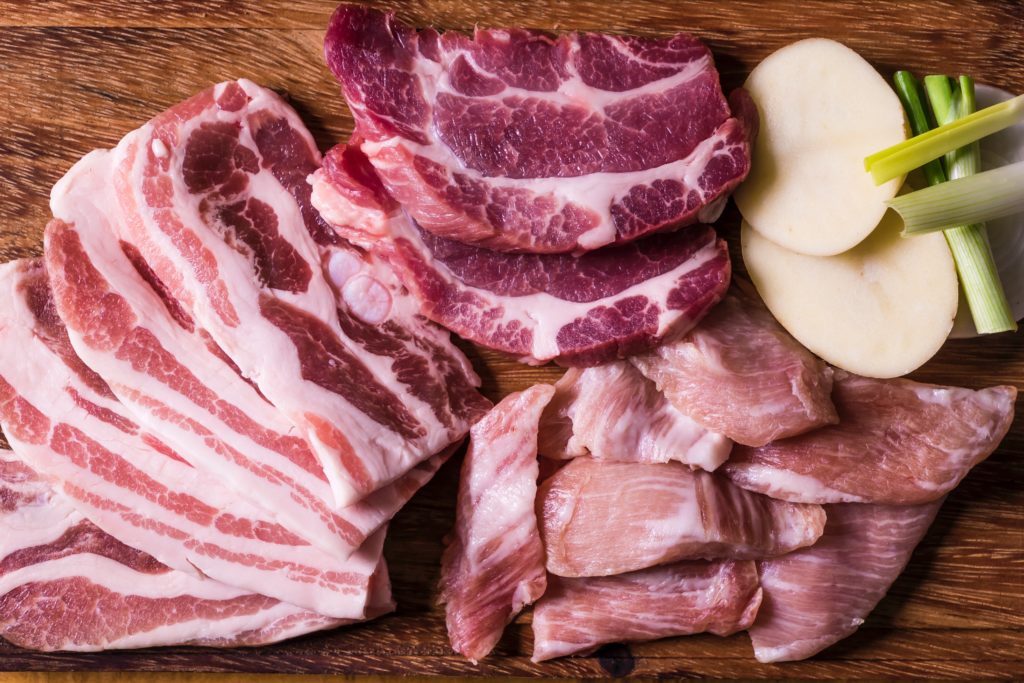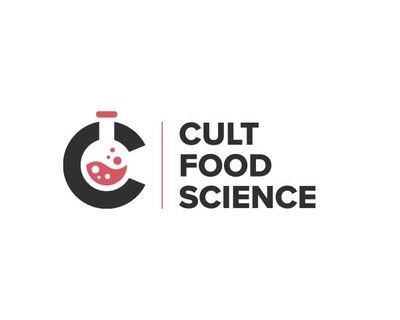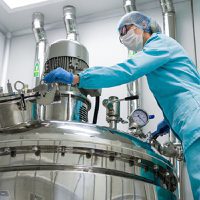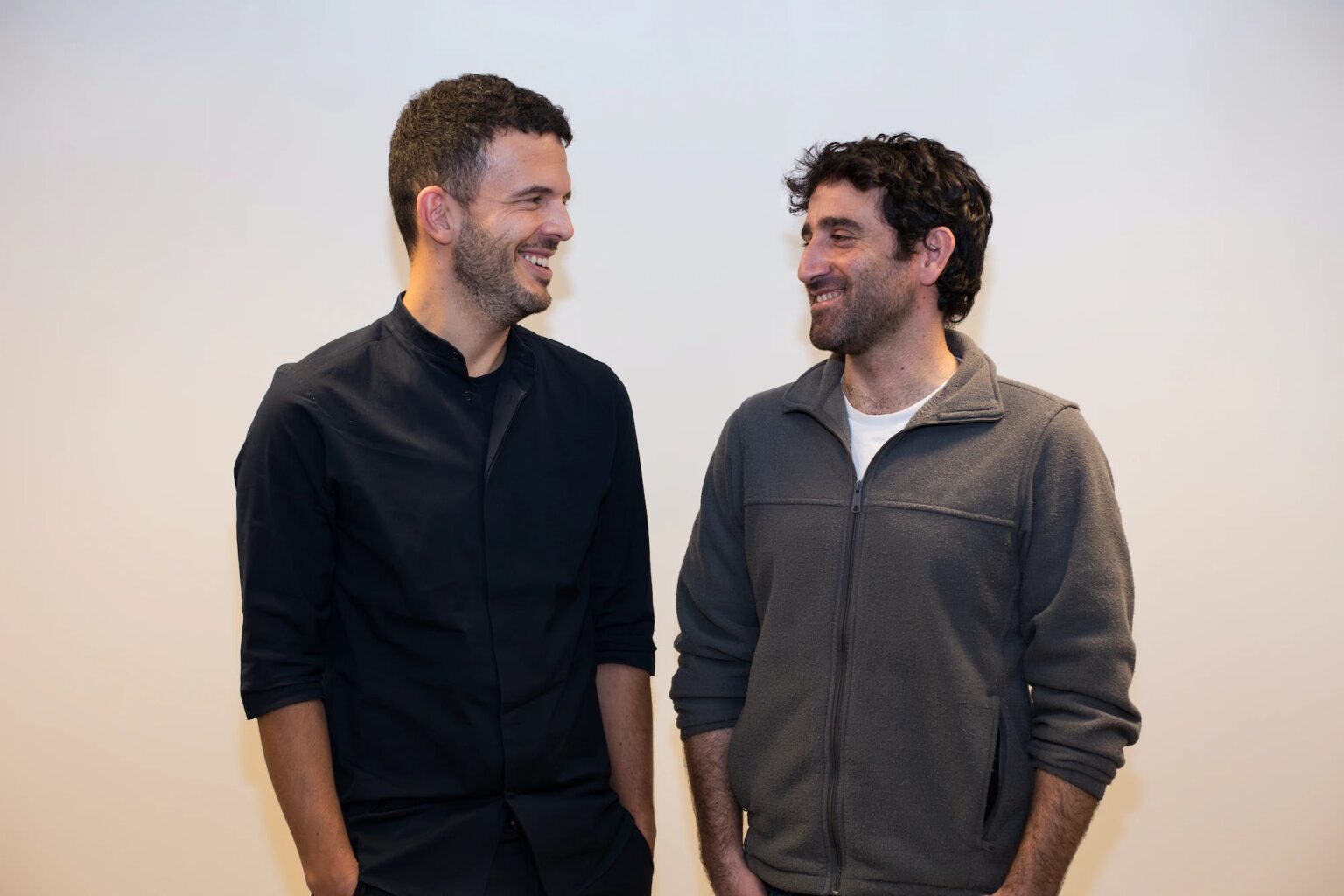Cow Hollow’s high-end wine bar Bar Crenn, like sister restaurant Atelier Crenn, stopped serving meat a few years back, but started again on Saturday — though it was lab-grown chicken made from animal cells, and it’s initially only going to be served once a month.
It was a major foodie and sustainability milestone that did not get much attention in late June when the U.S. Department of Agriculture gave its first-ever approvals to two companies to sell lab-grown meat in the United States. The meat does not actually come from a live animal, it is cell-based proteins developed from animal cells, produced in a lab. This technology could be an absolute game-changer in reducing the water waste, greenhouse gas emissions, and general animal cruelty associated with factory farming.

One of the companies, Berkeley-based Upside Foods, promoted their historic federal regulatory approval with some kind of contest offering “A trip to San Francisco” and a meal “hosted by Chef Crenn” to a few lucky winners who wanted to be the first to try their humane chicken produced from cultivated cells.
Wait, is “Chef Crenn” SF’s own renowned celebrity chef Dominique Crenn? CNN confirms that yes it is, and the dinner happened this past Saturday at Cow Hollow’s Bar Crenn. Like all of Crenn’s restaurants, Bar Crenn has not served meat for years, with Crenn saying in 2019, “Meat is insanely complicated — both within the food system and the environment as a whole — and, honestly, it felt easier to just remove it from the menus all together.”
But now that the chicken meat is not from an actual live chicken, Crenn is ready for a chicken in every pot.

“It’s truly an honor to serve Upside’s cultivated chicken at Bar Crenn and introduce cultivated meat to the U.S.,” Crenn said in a press release. “It’s the first time meat has made it back on my menu since 2018, because Upside Chicken is the first meat that I feel good about serving. From its exquisite flavor and texture to its aroma and the way it cooks, Upside Chicken is simply delicious and it represents a significant step towards a more sustainable and compassionate food system.”
** Click here to read the full-text **








